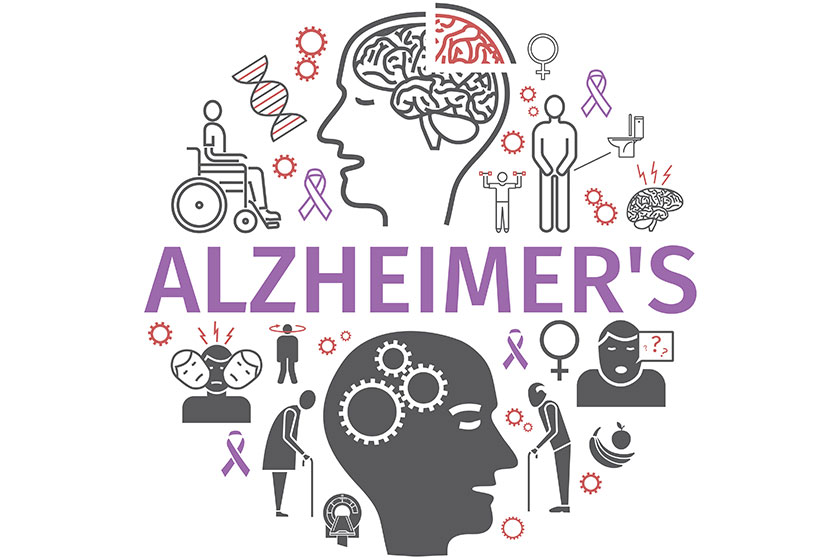With more than 6 million Americans living with Alzheimer’s disease, that’s an astonishing number of individuals who have experienced the condition in their lives when you factor in family and friends. Alzheimer’s disease is not a part of normal aging, and changes in the brain often occur years before symptoms start to show. We share with you everything you need to know about the condition in this article.
Understanding Alzheimer’s and Dementia
Alzheimer’s disease affects the connections of neurons in the brain, which eventually leads to symptoms including a decline in cognitive skills as well as changes in memory and behavior. Eventually, individuals will lose their ability to live independently. This collective set of symptoms is better known as dementia. Although Alzheimer’s disease is not the only cause of dementia, it is the most common one.
Signs and Symptoms of Alzheimer’s Disease
Not every affected individual will experience the same symptoms to the same extent. However, below are some warning signs to watch out for:
- Difficulty remembering things that goes beyond normal forgetfulness – for instance, losing their way in a familiar neighborhood
- Trouble finding the right words to use
- Confusion and disorientation over the time and date
- A reduced capacity to attend to tasks such as paying bills
- Changes in mood and personality, which can encompass paranoia and aggression
- Misplacing things frequently
The Prognosis for Alzheimer’s Disease
You may already know that there is currently no cure for Alzheimer’s disease. Despite this, early intervention can go a long way toward improving prognoses. Both medical and cognitive tests are conducted to confirm a diagnosis. This can also include brain scans. Medications and non-drug interventions are available for individuals with Alzheimer’s to improve their outcomes.
Most diagnoses are given during the early stages of the disease. At this point, symptoms can appear gradual, and the affected individual may retain some ability to make decisions for themselves. As the condition progresses towards middle-stage and late-stage Alzheimer’s, this will very often not be possible.
It’s a good idea to sit down with your loved one and discuss their preferences for care during the early stage of Alzheimer’s.
Making Care Plans for Your Loved One
After a diagnosis of Alzheimer’s, making a care plan for your loved one is the next step forward. Although your loved one may wish to age in place, this may not always be the best option when it comes to quality of care. Here is where you may want to consider a memory care community for their needs.
Residents live in a safe and welcoming environment where their symptoms can be managed in the best way. With easy access to personal assistance and medical care, your loved one will also take part in activities that promote engagement and encourage interaction, guided by team members who are committed to their success. If that sounds like what you are looking for, please feel free to schedule a tour of our retirement community today.





